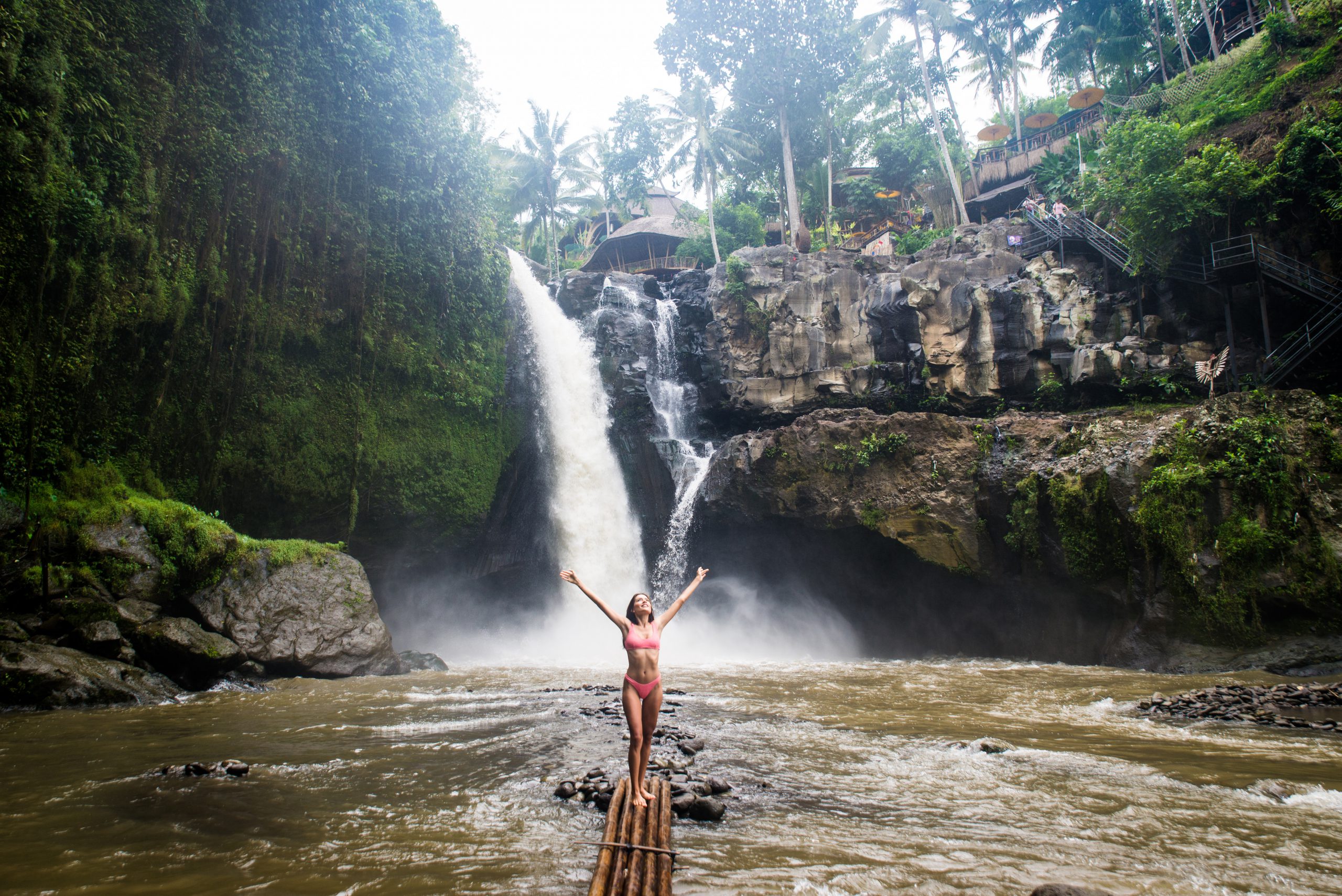In today’s digital age, social media has become an integral part of our daily lives. With the rise of platforms like Instagram, we are constantly bombarded with images of seemingly perfect people living their best lives. From flawless selfies to picturesque travel photos, it’s easy to get lost in the illusion of a perfect world. But what lies beneath the surface of these carefully curated feeds? What is the dark side of Instagram and how is it shaping our perception of beauty?
The Pressure to Conform
One of the most glaring issues with Instagram is the pressure to conform to certain beauty standards. With countless filters and editing tools at our disposal, it’s easy to present a version of ourselves that is far from reality. This has led to a phenomenon known as “Instagram face,” where everyone starts to look eerily similar with plump lips, chiseled cheekbones, and a perfectly contoured nose.
The problem with this distorted sense of beauty is that it’s unattainable for the average person. Most of us cannot afford the expensive procedures that some influencers undergo to achieve the perfect look. And even if we could, is it really worth sacrificing our natural features for the sake of likes and followers?
Body Image Issues
The pressure to conform doesn’t just stop at the face. Instagram has also played a significant role in shaping our perception of the ideal body. The “thigh gap,” the “ab crack,” and the “bikini bridge” are just some of the unrealistic body trends that have emerged on the platform. It’s no wonder that body image issues and eating disorders are on the rise, especially among young women who are bombarded with these images daily.
Moreover, Instagram’s algorithm often promotes content that caters to a specific body type, further reinforcing the idea that there is only one standard of beauty. This exclusion of diverse body types can have damaging effects on those who don’t fit into the mold. It’s time to question why we are allowing a single platform to dictate what we should look like.
The Rise of Influencers and Their Impact on Society
Instagram has given rise to a new breed of celebrities – influencers. These individuals have amassed a large following and have become powerful marketing tools for brands. They are often portrayed as living a glamorous and luxurious lifestyle, promoting products that promise to enhance our beauty and make our lives better.
But at what cost? Many influencers have been criticized for promoting unrealistic beauty standards and promoting products that may be harmful to their followers. The pressure to maintain a certain image and lifestyle can also take a toll on their mental health, leading to burnout and anxiety.
The Influencer Economy
The influencer economy has also created a sense of competition and envy among users. People are constantly comparing themselves to influencers and feeling inadequate if they don’t measure up. This has led to a toxic culture of “buying followers” and “faking it till you make it.” Influencers are often paid to promote products, and the pressure to maintain their lifestyle and image can lead to dishonesty and deception.
Moreover, the influencer economy has created a sense of entitlement and privilege among some influencers. They are often given free products and lavish trips, blurring the lines between genuine recommendations and paid advertisements. This has fueled a sense of consumerism and materialism, with many users feeling the need to spend money on products they may not necessarily need.
The Illusion of Happiness
Instagram has a way of making us feel like we are missing out on the perfect life if we are not constantly traveling, eating at trendy restaurants, and attending glamorous events. This constant comparison to other people’s highlight reels can lead to feelings of inadequacy and FOMO (fear of missing out).
But what we often forget is that Instagram is a carefully curated platform, where people only show the best parts of their lives. It’s easy to forget that behind the filters and perfect poses, there are real people with real struggles. The pressure to maintain a certain image can also lead to a lack of authenticity, with many users only showing the good and hiding their vulnerabilities.
The Impact on Mental Health
The dark side of Instagram is not just limited to our perception of beauty. It has also had a significant impact on our mental health. Studies have shown a correlation between social media use and feelings of depression, anxiety, and loneliness. The constant comparison to others, the pressure to present a perfect image, and the fear of missing out can all take a toll on our mental well-being.
Moreover, the need for validation and likes on Instagram has also led to addictive behavior and a constant need for social media validation. It’s time to question the amount of time we spend scrolling through our feeds and the impact it has on our mental health.
The Need for Change
It’s clear that the dark side of Instagram is having a profound impact on our perception of beauty and our overall well-being. But is it all doom and gloom? The good news is that there is a growing movement to promote body positivity and authenticity on the platform. Influencers are starting to use their platform to spread positive messages and advocate for diverse beauty standards. Brands are also starting to embrace diversity in their marketing campaigns, showcasing real people with imperfections.
Moreover, Instagram is taking steps to promote a healthier and more authentic platform. They have removed the number of likes on posts in some countries, making it less about popularity and more about meaningful content. They have also introduced features to combat bullying and harmful content.
It’s also up to us as users to be more conscious of the impact of Instagram on our lives. We can choose to follow accounts that promote body positivity and diversity, and we can take breaks from social media when we feel overwhelmed. Let’s not forget that Instagram is just a tool, and we have the power to shape our own perception of beauty.
In conclusion, Instagram may have its dark side, but it’s up to us to uncover it and strive for a more positive and authentic platform. Let’s not let social media dictate our sense of self-worth and beauty. Instead, let’s use it as a tool to promote diversity, authenticity, and real connections. After all, true beauty lies in our uniqueness and imperfections, not in the filtered and edited images we see on Instagram.




